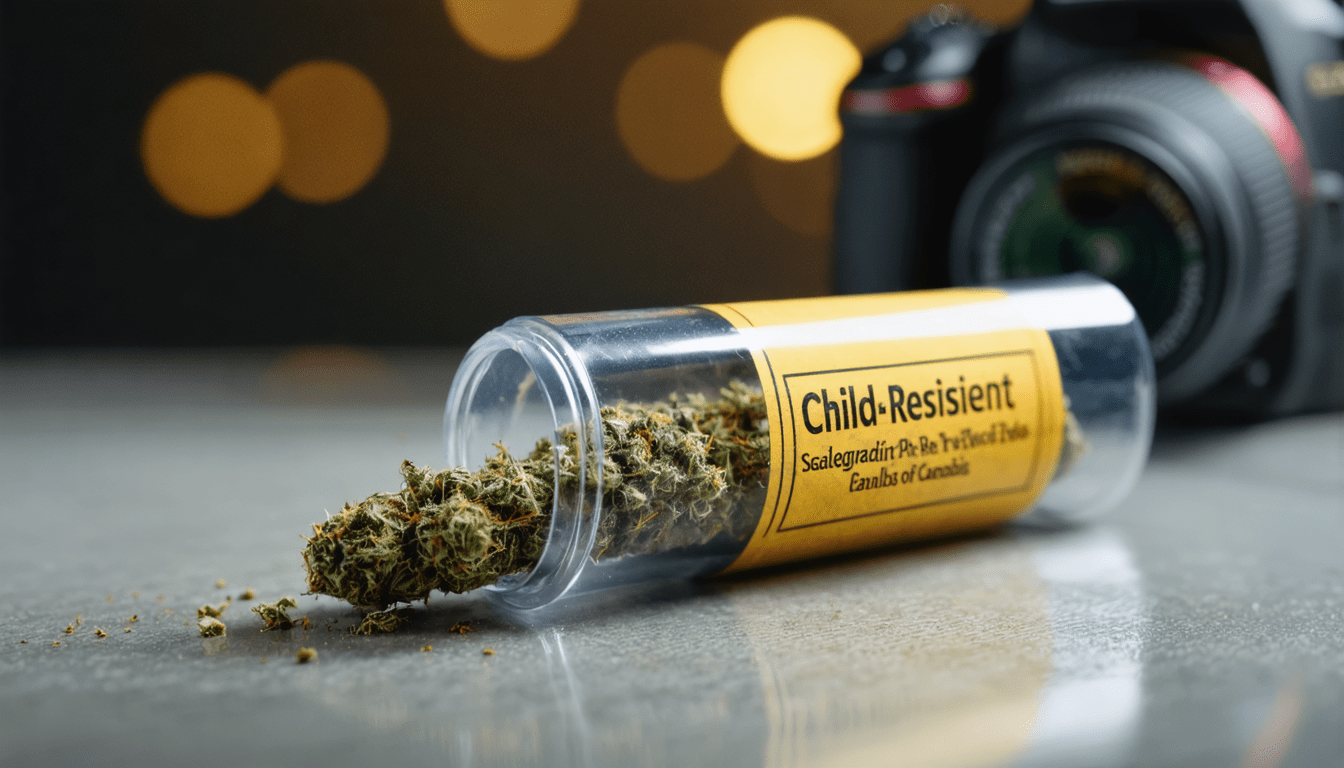Table of Contents
Exploring the Complex Relationship Between Marijuana and Anxiety
The relationship between marijuana and anxiety presents a fascinating paradox in cannabis research and user experiences. While many individuals report using cannabis to alleviate anxiety symptoms, others experience heightened anxiety or even panic attacks after consumption. This complex dynamic requires careful consideration of individual factors, consumption methods, and product selection.
The Dual Nature of Cannabis and Anxiety
Cannabis contains over 100 cannabinoids, with THC (tetrahydrocannabinol) and CBD (cannabidiol) being the most studied. These compounds affect the endocannabinoid system, which plays a role in regulating mood, stress responses, and anxiety levels. Research suggests that while CBD may have anxiolytic (anxiety-reducing) properties, THC can either decrease or increase anxiety depending on dosage, individual sensitivity, and environmental factors.
According to research on weed and anxiety, low doses of THC may reduce anxiety, while higher doses can amplify it. This biphasic effect explains why some users find relief while others experience heightened anxiety from the same product.
Medical Marijuana for Anxiety: State Regulations and Efficacy
Many states have approved anxiety disorders as qualifying conditions for medical marijuana programs, though regulations vary significantly. In Arkansas, anxiety alone does not currently qualify patients for medical marijuana. However, PTSD, which often involves severe anxiety symptoms, is a qualifying condition under Arkansas' medical marijuana program.
For those seeking relief, proper storage of medical cannabis is essential to maintain potency and therapeutic effects. Many patients utilize secure storage solutions like mylar bags to keep their medication fresh while complying with storage regulations that many states enforce.
State-by-State Variations
- Pennsylvania, New Jersey, and Ohio explicitly list anxiety disorders as qualifying conditions
- Arkansas, Florida, and Texas require more severe conditions like PTSD
- Some states allow physician discretion for recommending cannabis for anxiety
Clinical evidence supporting cannabis for anxiety treatment continues to evolve, with studies examining cannabis as a treatment for anxiety and depression showing promising but mixed results.
Why Cannabis Can Trigger Anxiety and Panic Attacks
For some users, cannabis consumption leads to increased anxiety, paranoia, or even full-blown panic attacks. Several factors contribute to these negative experiences:
THC Sensitivity
High-THC products can overstimulate the amygdala, the brain region responsible for fear responses. Individual sensitivity to THC varies widely based on genetics, previous cannabis exposure, and current mental state.
Set and Setting
Consuming cannabis in uncomfortable environments or during periods of existing stress can amplify anxiety. First-time users are particularly vulnerable to negative experiences when using in unfamiliar settings.
Dosage Issues
Overconsumption is a common trigger for cannabis-induced anxiety. This risk is particularly high with edibles, which have delayed onset and prolonged effects compared to inhalation methods.
Understanding why cannabis causes paranoia can help users avoid these uncomfortable experiences through mindful consumption practices.
Best Cannabis Strains for Anxiety Relief
For those who do experience anxiety relief from cannabis, strain selection is crucial. Generally, high-CBD and balanced THC:CBD strains tend to produce less anxiety than high-THC varieties.
Recommended Strains
- ACDC: High-CBD strain with minimal psychoactive effects
- Granddaddy Purple: Indica with relaxing, body-focused effects
- Jack Herer: Balanced hybrid known for clear-headed calm
- Harlequin: CBD-rich strain that rarely triggers anxiety
Terpenes, the aromatic compounds in cannabis, also play a significant role in anxiety effects. Linalool and limonene may have anxiety-reducing properties, while others might exacerbate symptoms in sensitive individuals. Exploring specific strains for anxiety relief can help users make informed choices.
Managing Cannabis-Induced Anxiety
For those who experience unwanted anxiety from cannabis, several strategies can help:
Prevention Techniques
- Start with very low doses, especially with new products
- Choose high-CBD, low-THC products
- Consume in comfortable, familiar environments
- Avoid cannabis during periods of high stress
- Use with trusted friends rather than alone
During an Episode
If experiencing cannabis-induced anxiety or a panic attack:
- Remember that the effects are temporary
- Practice deep breathing techniques
- Move to a quiet, comfortable space
- Stay hydrated
- Use black pepper (contains beta-caryophyllene, which may counteract THC effects)
Understanding how to manage these experiences is essential, as is recognizing when cannabis might be contraindicated for your specific anxiety profile. The relationship between marijuana and mood disorders remains complex and highly individualized.
Future Research Directions and Personalized Approaches
As cannabis research expands, more personalized approaches to using marijuana for anxiety may emerge. Genetic testing may eventually help predict individual responses to different cannabinoid profiles. Ongoing clinical trials are investigating optimal dosing protocols and delivery methods specifically for anxiety disorders.
The future likely holds more targeted cannabis formulations designed specifically for anxiety relief with minimal side effects. Until then, consumers should approach cannabis use for anxiety with careful consideration, ideally under healthcare provider guidance.
Whether cannabis helps or hinders your anxiety depends on numerous personal factors. By understanding this complex relationship, users can make more informed decisions about incorporating cannabis into their anxiety management strategies.











Leave a comment
All comments are moderated before being published.
This site is protected by hCaptcha and the hCaptcha Privacy Policy and Terms of Service apply.